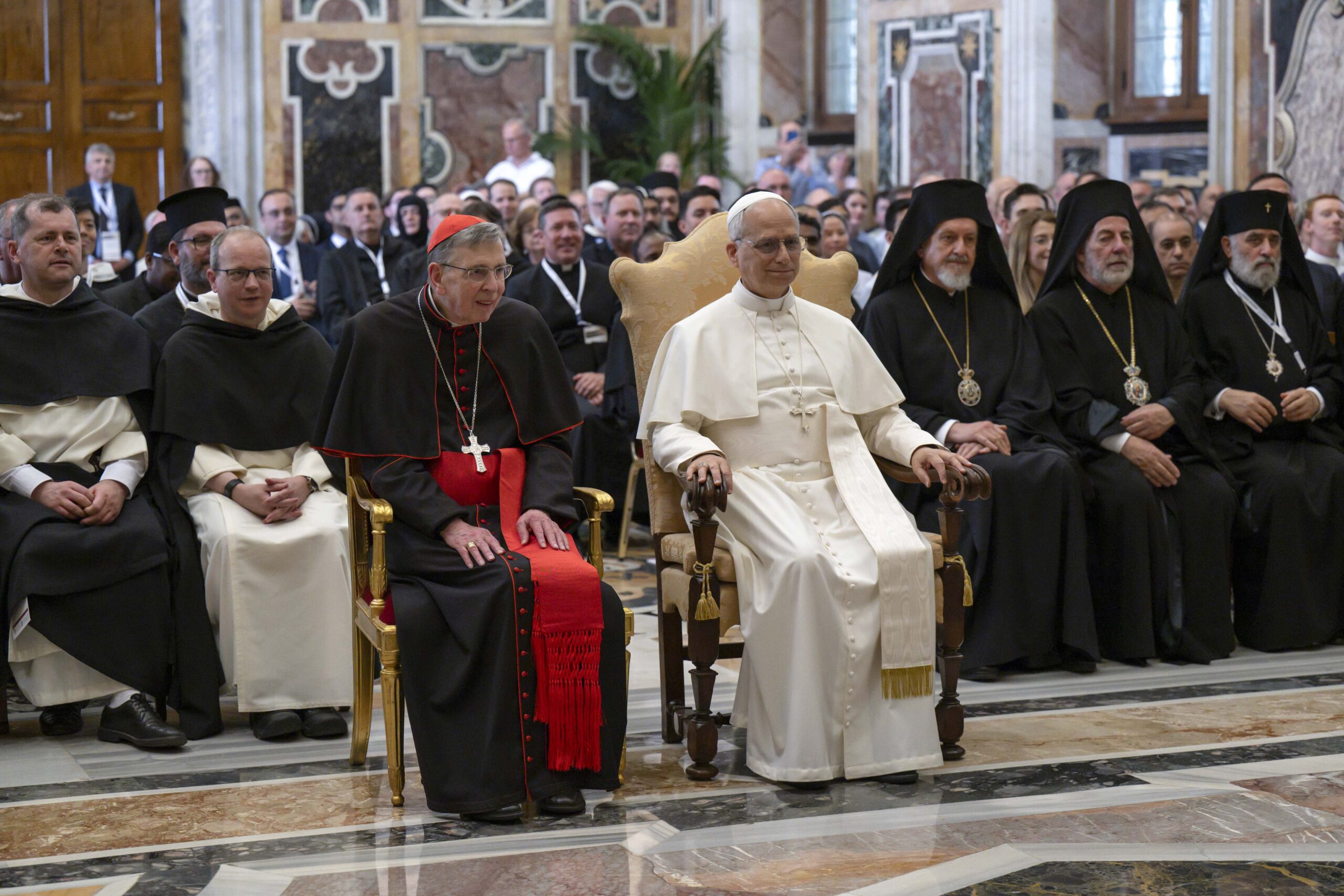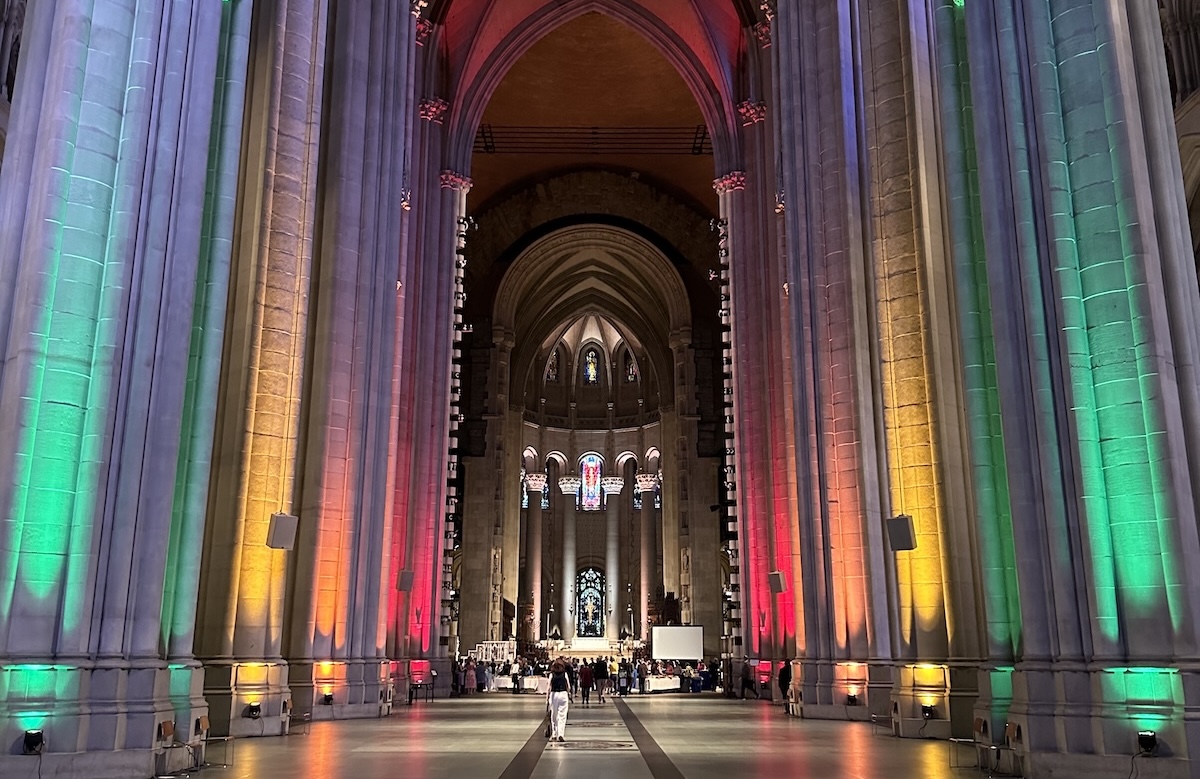Materials for the 2025 Week of Prayer for Christian Unity, including the Daily Scripture & Prayer Guide, the Ecumenical Celebration of the Word of God, prayer cards, posters, and more, are now available through our online order form.
The entire passage chosen for reflection in 2025 is John 11:17-27, where Jesus arrives in Bethany and raises Lazarus from the dead. A part of that story is the encounter between Jesus and Martha, at the end of which Martha confesses faith in Jesus as the Messiah and Son of God.
The theme for 2025 was proposed by the ecumenical monastic community of Bose in Italy, in cooperation with the international team appointed by the Catholic Church’s Dicastery for Promoting Christian Unity and the Faith and Order Commission of the World Council of Churches, at meetings in Bose in late September 2023.
The year 2025 marks the 1,700th anniversary of the Council of Nicaea, the first Ecumenical Council of Christian churches, called by Emperor Constantine I. The Council took place in Nicaea, a place just outside Constantinople (now Istanbul), from May to July of 325. This was just 12 years after a meeting between the co-emperors Constantine and Licinius in February 313 in Milan, at which they agreed to grant legal status to Christianity. The so-called “Edict of Milan,” actually a letter from Licinius to governors of provinces in the Eastern Empire, granted Christians and all persons within the empire freedom from religious persecution.
Having then just emerged from a type of “underground” status of nearly 300 years, the diversity of language, culture and hierarchical organization created situations of theological divisions within the Church. There was an urgent need for one unified voice for the sake of orthodox doctrine, especially about the nature of Jesus’s relationship to the Father within the being of the Triune God. There was also a need to establish a common date for Easter and a way to reconcile Christians who had lapsed under the period of persecution. A major result of the Council was the creation of the first Nicene Creed. Tradition has it that there were 318 bishops present, mostly from Eastern churches, and that all but two signed the Creed.
Considering divergences of interpretation on the “settled” date of Easter agreed at the Council, followed by separate dates again for centuries, it is of special significance that in 2025, all Christians have the same date for Easter: April 20.
As the whole Church of today considers the commemoration of a gathering that signified a belief in “one, holy, catholic and apostolic church,” may we all be more and more drawn into the mystery of unity. May we confess our resistance to that unity, embrace our diversity and remember exactly what we believe together and share with the world: that Jesus is the Christ and the Son of God, who raises all with him to eternal life in a kingdom that will never end.
The observance of the Week of Prayer for Christian Unity is a powerful spiritual start to 2025 and everything that will be celebrated by Christians during that year.


